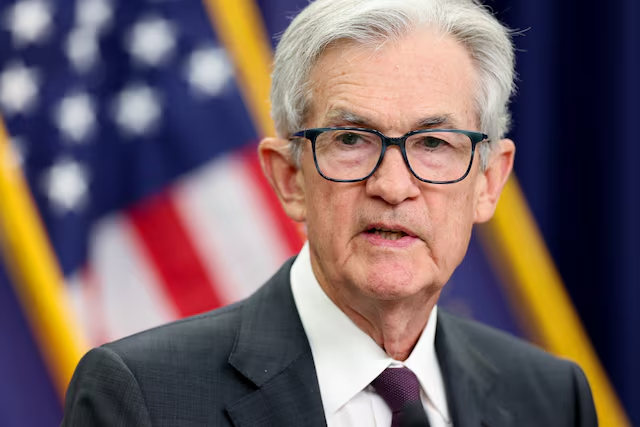Nigeria’s equities market opened the week on a firm note, with the Nigerian Exchange All Share Index (NGX-ASI) climbing 2.06% on Monday to close at 99,580.84 points.
The rally lifted market capitalisation to ₦87.19 trillion, underpinned by gains across key sectors, particularly financial services.
According to market data from Afrinvest Research, trading activity was robust, with 394.6 million units of shares exchanged in 9,048 deals, valued at ₦10.26 billion.
Banking Sector Drives Gains
The strongest tailwind came from the banking sector, where the NGX Banking Index recorded an impressive 7.21% uptick. Heavyweights such as UBA (+5.33%), Fidelity Bank (+5.94%), and Access Holdings (+4.17%) led the charge, buoyed by renewed institutional buying and market expectations of stronger earnings in H2 2025.
Zenith Bank, one of the most actively traded counters, closed flat at ₦73.00, but saw significant investor interest with ₦1.88 billion in trades across over 4,000 transactions.
Sectoral Performance Reflects Broad-Based Optimism
All tracked indices ended the session higher:
NGX 30 Index: +2.15%
Insurance Index: +1.78%
NGX Consumer Goods Index: +0.86%
Oil & Gas Index: +0.89%
These gains point to broad-based investor confidence as the market anticipates corporate earnings reports and assesses the macroeconomic outlook in the wake of the Central Bank of Nigeria’s continued policy tightening.
Standout Performers
Among the top gainers were:
Transcorp Hotels, which surged 7.05% to ₦149.00, amid speculation of increased footfall and tourism-driven revenues.
Fidelity Bank, which closed at ₦10.50—its highest level in months—on strong volumes.
Seplat Energy, a bellwether for the oil and gas sector, gained 3.85% to settle at ₦5,660.00.
Meanwhile, Dangote Cement and MTN Nigeria held steady at ₦69.00 and ₦200.00 respectively, signalling possible positioning ahead of interim results.
Outlook
Analysts at Afrinvest noted that the bullish sentiment reflects “renewed confidence in Nigerian corporates, particularly financial names,” driven by expectations of improved margins and currency stability. With macroeconomic reforms gradually filtering through, and foreign investor interest showing tentative signs of return, attention will now shift to Q3 earnings season.
























